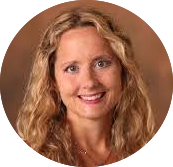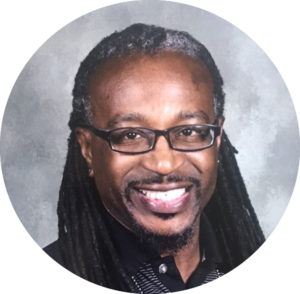Partnership Systems Course
The Partnership Systems Course titled “Reimagining Power and Revaluing Care: Actualizing the Potentials of Partnership Systems” is a seven-week online course taught by Riane Eisler and Aftab Omer.
The Partnership Systems concentration and course is intended for Master’s and Doctoral students in the Psychology and Education programs who aspire to be Partnership Systems Practitioners in the context of their professional goals.
About this Course:
On our long human journey, our ancestors invented both systems of partnership and systems of domination. Domination systems have had disastrous consequences, while partnership systems have enabled human flourishing. This course explores how the potentials of partnership systems can be harvested by developing partnership capability as applicable to all system levels, from intimate – starting in families – to societal and economic, including specific principles and practices that guide the process of transforming adversaries and bystanders into partners and allies.
Partnership capabilities enable members of a system to collaborate in generating synergistic outcomes. Five dimensions of partnership capability will receive particular emphasis: relationality, pleasure, prosperity, creativity, and spirituality.
Course Modules:
Week 1: Care, Consciousness, and Partnership Capability
- Partnership-Domination Social Scale
- Five Dimensions of Partnership Capability
Week 2: Relationality: The Foundations of Care
- Families, Gender, and Intimacy
- Reimagining Feminine and Masculine
- Habits of Mutuality, Interdependence, and Reciprocity
- Moral Codes of Fairness and Mutual Accountability
Week 3: Pleasure: Affirming Aliveness and Connection
- Belonging and Well-Being
- Play, Learning, and Joy
- Beauty and Connection to Nature
- Sacralizing Sexuality
Week 4: Prosperity: An Economics of Caring
- Measuring the Truly Valuable
- Transforming Policies, Practices, and Professions
- Productivity and Artificial Scarcity
Week 5: Creativity: Art and Craft in the Service of Human Flourishing
- Re-emergence of Cultural Synergy
- Art and the Regeneration of the Commons
- Imagination and Cultural Leadership
Week 6: Spirituality: Regenerative Sources of Culture
- Purpose and Meaning at Work
- Ritualizations of Connection and Caring
Week 7: Another World is Possible
- The Presence of the Future
- Whole Systems and World-Making
Online Course Format:
- Seven-week online course from September 14 through October 31, 2021
- Six live 75-minute Zoom sessions with faculty held Tuesdays at 11:00 am PT (Pacific Time) and recorded for participants who cannot join every session live
- Resources, networking, and emergent community outcomes
- Content and collaboration via Meridian’s social learning platform
Course Schedule:
- September 14 at 5 pm PT – Course begins asynchronously via the Pivot collaboration platform, participants begin engaging with course resources and activities
- September 21 at 11 am PT – First live course session
- September 28 at 11 am PT – Second live course session
- October 5 at 11 am PT – Third live course session
- October 12 at 11 am PT – Fourth live course session
- October 19 at 11 am PT – Fifth live course session
- October 26 at 11 am PT – Sixth live course session
- October 31 – Course ends, participants continue engagement via learning platform’s social group
Course Fees:
$250, including the synchronous course video calls (with recordings), online learning platform access, participation in the course learning community, plus course resources and written activities.
Accreditation:
Meridian University is accredited by the Western Association of Schools and Colleges (WASC) – a higher education accreditor recognized by the United States Department of Education. WASC is also the accreditor for Stanford University, UCLA, and the University of California at Berkeley.
Learn more about the course here.


